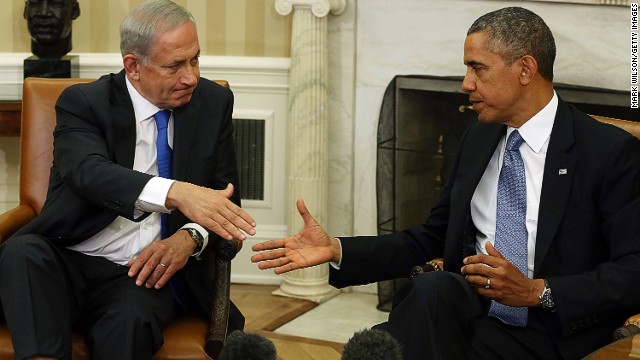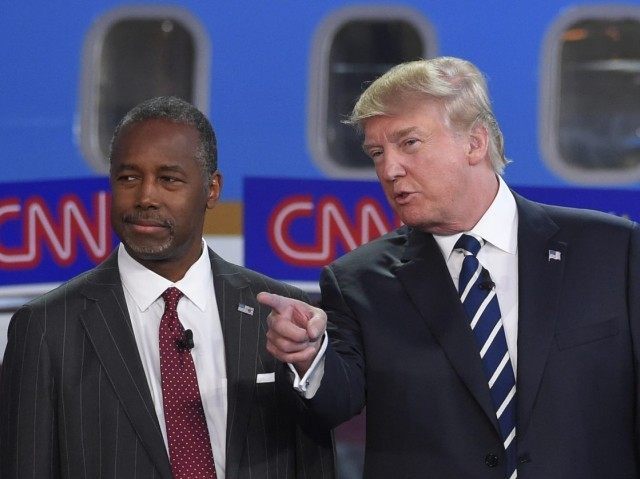
America and Israel, Both Cannot Overlook Each Other
According to information released about the meeting, the two leaders discussed plenty of issues in two hours, ranging from the Israeli–Palestinian conflict, to the Syria crisis, and to future collaboration on anti-terrorism measures, etc. On the Israel-Palestine dispute, Obama continued to ask Netanyahu not to exacerbate the issue; Netanyahu, too, proposed a set of plans built on trust, including improving the Palestinians’ drinking water facilities and providing more job opportunities, etc.
Obama says Netanyahu is one the busiest foreign leaders that he has seen. The last meeting before this was already one year ago. There was no joint press conference after this recent meeting, and the White House spokesperson only briefly showed up during the meeting between the two leaders. Despite the positive comments coming from officials who described the meeting as “effective” and “honest,” public opinion is that it is still impossible to resolve the disagreements between the two sides.
Speaking of which, the personal relationship between Obama and Netanyahu should not be so bad. In 2007, when they first met at the Ronald Reagan Washington National Airport, the two of them had an extensive conversation. At the time, Obama was returning from another busy presidential campaign trip, and Netanyahu was returning to Israel from the Reagan airport. After the meeting, Netanyahu immediately predicted that Obama would win the Democratic presidential nomination.
When Obama was first elected president, he hoped to bring about big improvements in the stability of the Middle East. He pressured Israel to control Jewish settlement in regions near the West Bank of the Jordan River, intending to keep a reasonable distance from Israel and to please Arab countries. But the situation did not develop the way he wanted it to. During his visit to Egypt in June 2009, Obama called for a “new beginning” for Muslims around the world, and for a termination of “suspicion and discord.” This stance, however, did not win a positive response from Arab countries.
Since then, the change in the Tunisian regime, the overthrow of former Egyptian President Hosni Mubarak, the civil war in Syria, and the occurrences of similar events has led to political chaos in the Middle East and growing dissent by Israel toward America. The Iran nuclear deal signed in July caused further deterioration of the situation, reaching the lowest point in 20 years.
Simultaneously with Netanyahu’s visit to America, the Arab League foreign minister held a meeting in Riyadh addressing how to deal with the “the rising violence of Israel against Palestine.” In recent weeks, approximately 70 Palestinians have died due to violent unrest in the Israeli and West Bank regions. In his remaining 14 months in office, Obama and his government’s plan to promote peaceful negotiations between Israel and Palestine seems “too distant.”
Netanyahu visits America this time in hope of amending the nations’ relationship. Nonetheless, America is Israel’s closest ally, so maintaining stable ties with America is critical to Israel. According to reports, Israel hopes to increase United States military funding from $3 billion to $5 billion, including the acquisition of an F35 fighter and V22 Osprey aircraft, etc.
Similarly, Israel is America’s important “hub” in the Middle East; without Israel, America cannot enact much political change in the Middle East. It is fair to say that “normalizing” the relationship with Israel will alleviate the criticism that Obama receives on issues in the Middle East.
Even though the America-Israel relationship is not calm, it is not horrendous. Capitol Hill lobbyists and wealthy Jewish corporations are the “positive energy” driving the development of relations between America and Israel. Situations in which capitalism manipulates politics are not rare at all in the United States.

